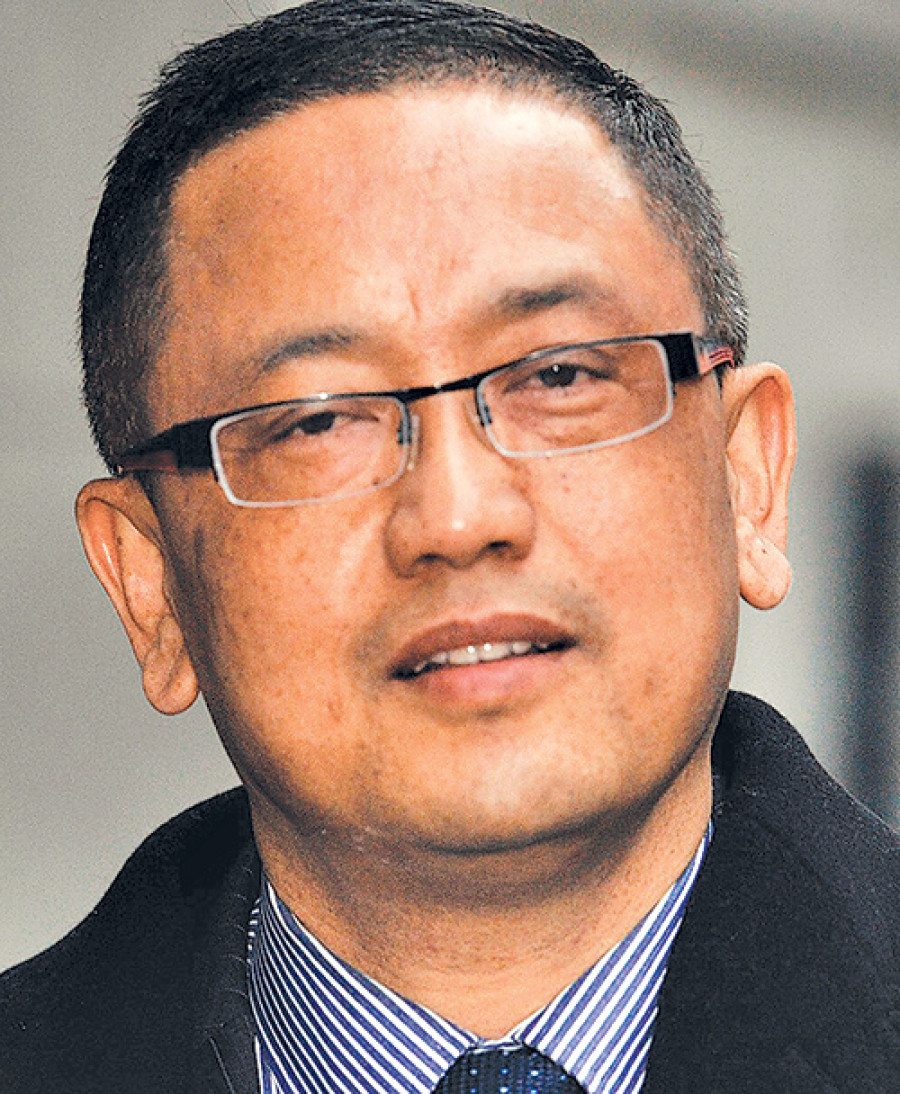National
Col Lama’s acquittal: Setback for moment, but ‘victory in long run’
Though the acquittal of Nepal Army Colonel Kumar Lama by a British court has come as a temporary setback for conflict victims and rights groups, they maintain that the fact that the conflict-era cases could come under universal jurisdiction is a step forward in long term.
Dewan Rai
Though the acquittal of Nepal Army Colonel Kumar Lama by a British court has come as a temporary setback for conflict victims and rights groups, they maintain that the fact that the conflict-era cases could come under universal jurisdiction is a step forward in long term.
Col Lama was arrested in 2013 under the universal jurisdiction in the UK on charge of torturing two suspected Maoist detainees in 2005 when he was in charge of the Gorusinghe barracks in Kapilvastu district.
The Old Bailey on Tuesday acquitted Lama on second count of torture, while it had cleared him on first count last month. “It definitely was not pleasant news for me,” said Janak Raut, the victim. “I was forced to shout for help outside the country because I did not see any possibility of bringing the torturer to justice here in Nepal.”
Nepal drafted an anti-torture bill only after Lama’s arrest in the UK. The bill is in Parliament for discussion.
The incident also prompted the government to form two separate transitional justice bodies—Truth and Reconciliation Commission and Commission of Investigation on Enforced Disappeared Persons— to look into the conflict era-cases.
Earlier, political parties were dismissive about the provisions of universal jurisdiction, an international legal regime that allows prosecution of individuals for torture and war crimes regardless of where the alleged offence took place. Even after the arrest of the Army official, then government led by then UCPN (Maoist)’s Baburam Bhattarai had tried to project it as an attack on Nepal’s sovereignty.
Nepal signed the Convention against Torture and Other Cruel, Inhuman or Degrading Treatment or Punishment in 1991. Even after the commencement of the transitional justice process, the government is yet to criminalise disappearance and torture despite several requests from the transitional justice bodies as well as human rights community.
“This case has established that the possibility of universal jurisdiction that victims of Nepal could invoke in other cases, and Nepali lawyers and human rights organisations could assist them in that,” said rights lawyer Mandira Sharma, who took up the case.
In a statement, Accountability Watch Committee said that the proceeding against Col Lama was the result of wrongful implementation of the transitional justice process in Nepal and its resulting lack of credibility. “Let no one forget that the victims have a fundamental right to seek ‘international jurisdiction’ if they do not trust the entrusted national mechanisms,” reads the statement. “The present case establishes the right of victims to approach the judicial systems of other countries if they find it impossible to get justice in-country on human rights excess, including torture.”
REDRESS, a London-based rights organisation, which has been observing the
trial proceedings, stated
that the court decision
was disappointing for the
victims.
“The case was difficult, given the challenge of allegations of torture arising thousands of miles away and some ten years ago, as well as problems of interpretation during the proceedings when the language of the alleged victims was not English,” said Carla Ferstman, Director of REDRESS .
“The Metropolitan Police and the Crown Prosecution Service put a lot of work into bringing the case to trial, and despite the verdicts, we believe it was right and proper, and important that they did so. This resolve to end safe havens for torture is vital, and it must continue,” said Ferstman in a statement.




 10.12°C Kathmandu
10.12°C Kathmandu














